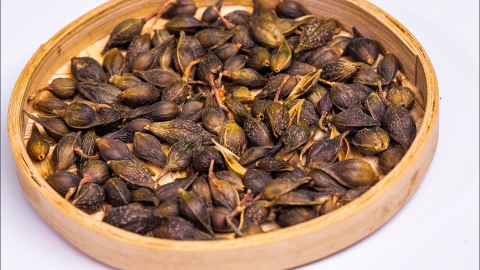Does Forsythia suspensa affect the fetus?
Generally, whether Forsythia suspensa (L.) Vahl (commonly known as "Forsythia") affects the fetus needs to be determined based on its usage during pregnancy. When used properly under the guidance of a qualified physician, it typically does not cause adverse effects on the fetus. However, if pregnant women use it arbitrarily without medical supervision, there may be certain risks involved. Detailed analysis is as follows:

If a pregnant woman requires Forsythia due to medical conditions and strictly follows a physician's instructions, the dosage and treatment duration will be carefully controlled by the physician according to gestational age, maternal constitution, and severity of the illness, often in combination with other suitable medicinal ingredients. At this time, Forsythia is commonly used to treat conditions such as wind-heat common cold or mild heat-toxin sores during pregnancy. It can relieve symptoms while avoiding potential irritation to the fetus, thus ensuring the safety of both mother and baby.
If a pregnant woman self-medicates by purchasing medications containing Forsythia without consulting a physician, or uses Forsythia excessively or for a prolonged period, it may pose risks. Forsythia has a bitter taste and is slightly cold in nature; self-administration may irritate the gastrointestinal tract of pregnant women, causing discomfort such as abdominal pain and diarrhea, which, in severe cases, could affect fetal nutrient absorption.
Pregnant women should maintain warmth to avoid wind-heat colds, keep a light and balanced diet, maintain regular作息 (作息 translates as作息 habits or lifestyle routine), enhance their own immunity, reduce the need for medication during pregnancy, and safeguard both maternal and fetal health.





